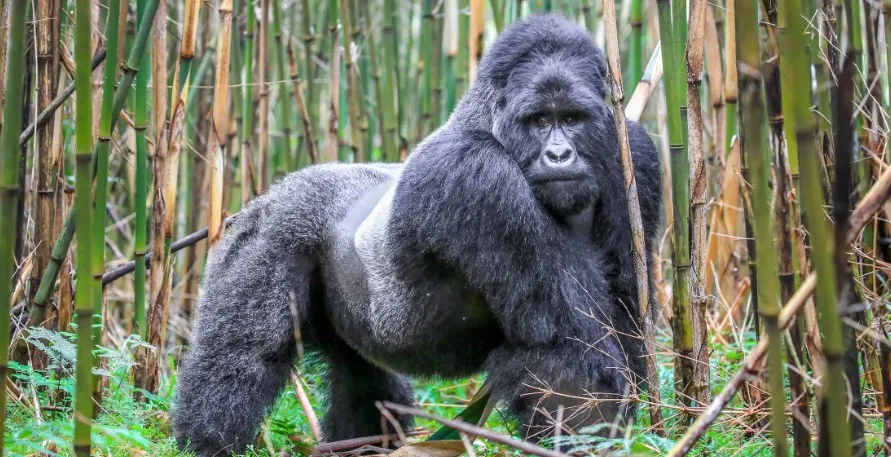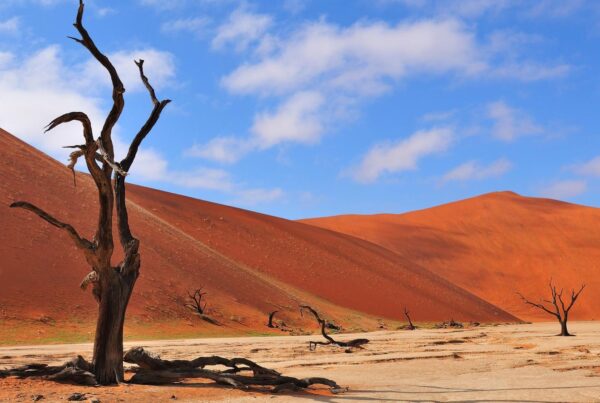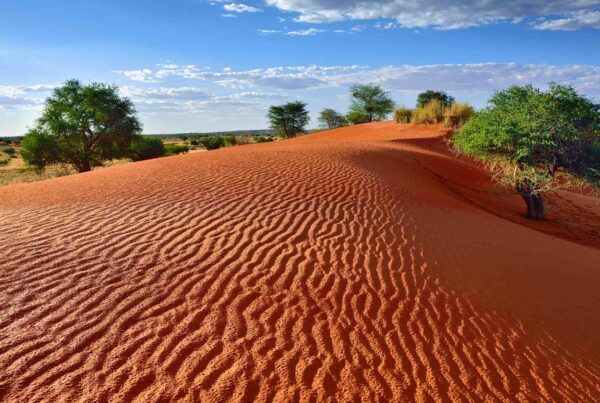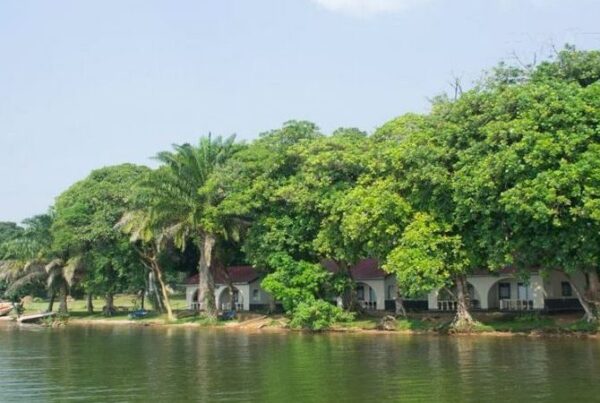Packing Essentials: Mgahinga Gorilla National Park Eco-Lodge Reviews on a Budget
The Call of the Wild in Comfort
Deep within southwestern Uganda, Mgahinga Gorilla National Park rises like a sanctuary of raw wilderness, guarded by mist-covered volcanoes and enriched with an aura of timeless beauty. For travelers, this park is synonymous with rare encounters with the endangered mountain gorillas and golden monkeys, but equally, it is about the deeper experience of immersing oneself in an environment where nature reigns supreme. Yet, the question that lingers in the minds of many budget-conscious explorers is how to balance the costs of visiting such an extraordinary destination without compromising the comfort of the journey.
The answer lies in the eco-lodges surrounding Mgahinga, which are increasingly becoming the lifeline of sustainable tourism. These lodges, scattered along the edges of the park, provide not just a place to sleep but a holistic environment where conservation, culture, and affordability blend seamlessly. To enjoy them fully, however, travelers must prepare wisely, packing the essentials that make the difference between a seamless adventure and an uncomfortable experience.
This guide offers a detailed exploration of packing essentials for Mgahinga Gorilla National Park while weaving in a review of eco-lodges that have carved their niche for budget travelers.
Understanding the Essence of Eco-Lodges in Mgahinga
Eco-lodges in Mgahinga are not simply accommodations; they are extensions of the natural environment, designed to minimize ecological impact while maximizing visitor comfort. Their architecture often mirrors the local culture, featuring traditional designs built from locally sourced materials. From thatched roofs to volcanic stone walls, these lodges tell a story of harmony with nature.
What makes them attractive to travelers on a budget is the combination of affordability and authenticity. Unlike large luxury lodges that often price themselves beyond the reach of average travelers, eco-lodges focus on community engagement, sustainability, and cultural immersion. Guests not only rest in serene surroundings but also participate in conservation through their stay, as a portion of the proceeds goes directly to preserving gorilla habitats and supporting local communities.
Packing Essentials for the Journey
A journey to Mgahinga demands preparation beyond the ordinary. The mountainous terrain, the unpredictable weather, and the activities awaiting in the park all require travelers to pack thoughtfully. While budget lodges provide basic amenities, there are personal items that should always be carried to enhance comfort.
The foremost item is sturdy trekking gear. Gorilla trekking, which is the centerpiece of most visits, requires waterproof hiking boots, long trousers, and lightweight breathable shirts that guard against the stinging nettles found in the forest. Rain jackets and ponchos are indispensable, as showers can descend without warning even in the dry season.
In addition, packing essentials must include insect repellent to ward off mosquitoes and other forest insects, a wide-brimmed hat for sun protection, and reusable water bottles to stay hydrated during treks. For budget travelers staying in eco-lodges, items such as flashlights, extra batteries, and power banks are also valuable, as many eco-lodges rely on solar power and may have limited electricity at night.
Photography gear also deserves a place in every traveler’s backpack. Gorillas are best captured through long-lens cameras, and waterproof cases ensure the equipment survives both mist and rain. Packing binoculars enhances the experience of observing not only gorillas but also the spectacular birdlife and golden monkeys that flourish in the park.
Budget-Friendly Eco-Lodges: A Review
Mgahinga is graced with eco-lodges that deliver quality service without straining the wallets of visitors. These lodges are not just accommodation points but experiences in themselves, designed to amplify the wonder of the park.
One of the most renowned is Amajambere Iwacu Community Camp, located at the entrance of the park. This lodge is operated by the local community and provides both budget dormitory-style huts and private cottages. The rustic simplicity of the camp is its charm, allowing travelers to wake up to views of the Virunga volcanoes while knowing that their stay supports local livelihoods.
Another standout is Mgahinga Gorilla Guest Camp, a modest yet charming eco-lodge nestled amidst lush greenery. Here, affordability is blended with warm hospitality, where staff go above and beyond to ensure trekkers are prepared for their excursions. Nights here are often filled with stories exchanged around a fire, while the days are consumed by treks and explorations.
The Mucha Hotel in Kisoro, though slightly outside the park, offers budget travelers another eco-conscious option. With comfortable rooms, breathtaking river views, and locally inspired meals, it caters to groups seeking affordability while remaining connected to the park’s heartbeat.
These eco-lodges, though simple, highlight that luxury is not always measured by grandeur but by the authenticity of connection—with nature, with community, and with one’s inner sense of discovery.
Dining in Harmony with Nature
One of the most delightful aspects of staying in eco-lodges around Mgahinga is the dining experience. Meals often feature locally sourced produce, giving guests a taste of Ugandan cuisine in its freshest form. Matoke (steamed plantain), beans, fresh vegetables, and locally brewed beverages are commonly served. Budget travelers appreciate not only the affordability of such meals but also the opportunity to dine in a manner that directly supports local farmers.
Packing reusable cutlery, collapsible bowls, or insulated flasks ensures that travelers reduce their ecological footprint while also being prepared for packed lunches during trekking expeditions.
The Role of Eco-Lodges in Conservation
Budget eco-lodges in Mgahinga go beyond providing shelter. They act as guardians of the environment. By staying in these lodges, travelers actively participate in conservation. Many eco-lodges invest in reforestation projects, support local schools, and educate both visitors and residents on sustainable living.
This means that a carefully packed backpack and a well-chosen lodge together create a ripple effect of positive impact. A traveler not only safeguards personal comfort during treks but also contributes to a greater cause—the protection of the mountain gorillas and their fragile ecosystem.
Timing Your Visit in 2025
In 2025, the flow of visitors to Mgahinga is expected to grow, with more eco-conscious travelers seeking authentic and budget-friendly alternatives. The best months for trekking remain the dry seasons of June to September and December to February. However, for those who wish to capture the lush vibrancy of the park and are prepared for muddy trails, the rainy months of March to May and October to November provide equally rewarding experiences.
Packing wisely for either season ensures that budget travelers are not caught unprepared, whether by sudden rainfall or by the chill of high-altitude evenings.
The Group Experience on a Budget
Eco-lodges around Mgahinga are particularly suited for groups traveling on a budget. Dormitory-style accommodations or shared cottages reduce costs while enhancing the collective spirit of exploration. Packing shared essentials like first aid kits, portable stoves, or group snacks further reduces expenses, allowing funds to be allocated to permits and guided experiences instead.
Group reviews of these eco-lodges often highlight the sense of community fostered during the stay—whether it is gathering for meals, trekking together, or simply sitting under a starlit sky recounting the day’s encounters.
Balancing Budget, Comfort, and Experience
Traveling to Mgahinga Gorilla National Park does not need to drain one’s resources. With the right packing essentials and the selection of eco-lodges designed to offer both affordability and authenticity, the journey becomes accessible without sacrificing depth. Eco-lodges not only provide comfort but also instill a sense of purpose, ensuring that every dollar spent supports conservation and local communities.
In 2025, as more travelers turn toward sustainable and budget-conscious tourism, Mgahinga’s eco-lodges will remain beacons of responsible travel. For those ready to experience the magic of mountain gorillas, the tranquility of volcanic landscapes, and the warmth of Ugandan hospitality—all while traveling on a budget—the time is now to plan the adventure wisely.
For a seamless experience, where every detail of your safari is thoughtfully arranged and every moment carefully curated, it is recommended to book your African journeys through WildHorn Africa, a trusted partner in turning dreams of exploration into unforgettable realities.









